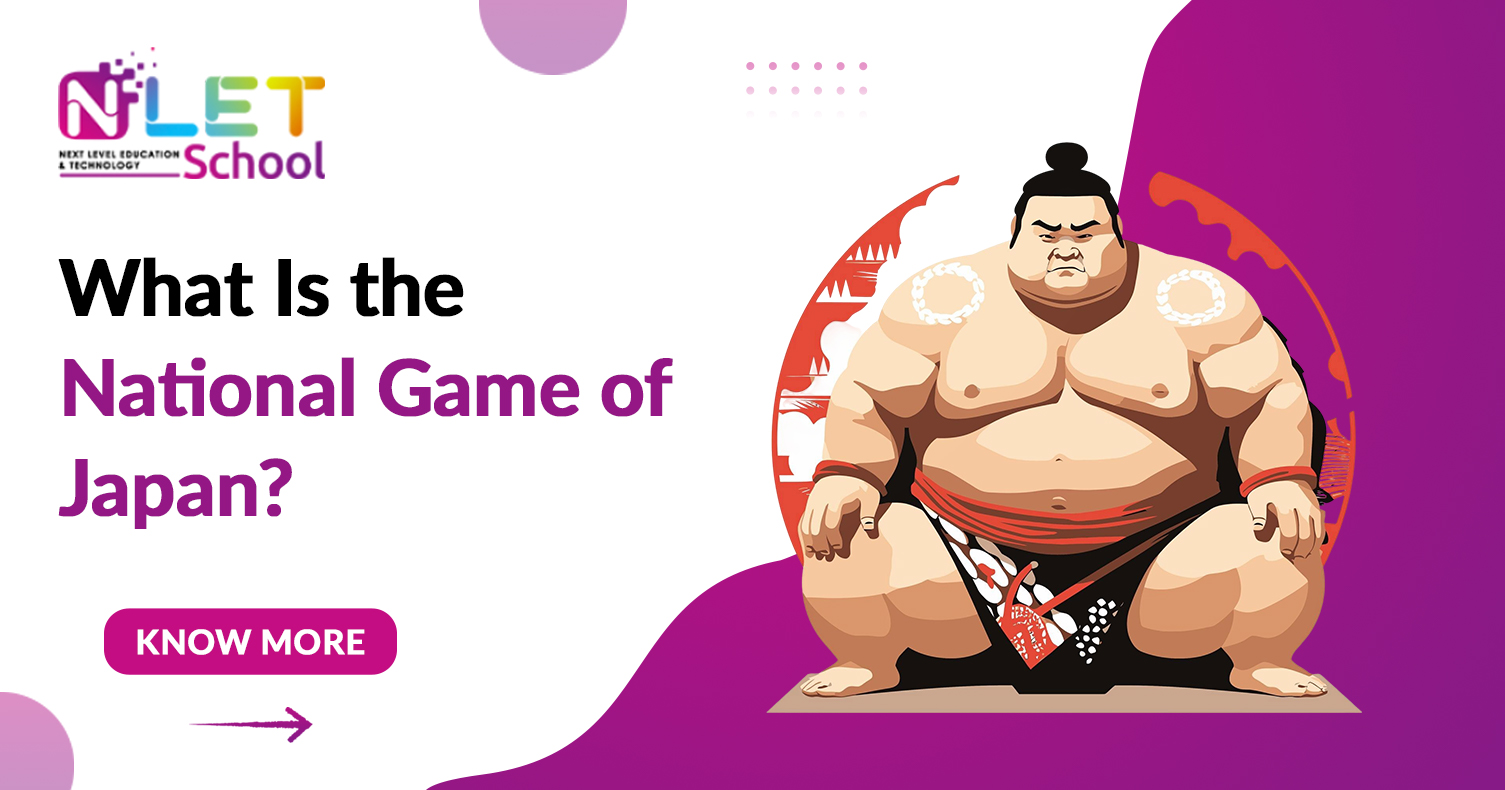What Is the National Game of Japan?
Japan is a country deeply rooted in tradition and culture, which reflects strongly in its sports and games. If you’ve ever wondered what is the national game of Japan, you’re not alone. Many enthusiasts and curious travelers alike ask questions like "national game Japan", "national games of Japan", or even "which is the national game of Japan". In this blog, we will explore Japan’s most iconic sport, its significance, and the broader context of Japanese sports to give you a clear understanding of Japan’s national sport and its place in culture and society.
Let’s Explore What is the National Game of Japan?
The national game of Japan is Sumo wrestling.
Sports play a significant role in Japanese culture, with traditional activities like sumo and martial arts, alongside Western sports such as baseball and football, being widely enjoyed.
Sumo wrestling, a traditional Japanese martial art, dates back to the mid-16th century and is unique as a professional sport mainly practiced in Japan. In this full-contact sport, a wrestler, called a Rikishi, tries to push or throw their opponent out of a circular ring or force them to touch the ground with any body part other than their feet.
The sport is divided into six divisions: makuuchi, jūryō, makushita, sandanme, jonidan, and jonokuchi. Sumo maintains many historical traditions, including Shinto rituals like salt purification.
Sumo wrestlers live and train in communal stables called heya, where strict customs govern their daily lives, from diet to attire.
Between 2008 and 2016, sumo faced several scandals that affected its reputation and recruitment. However, its popularity has rebounded thanks to the emergence of new champions and renewed public interest.
Understanding the Japanese National Game
When discussing the national game of Japan, the answer is widely recognized as Sumo wrestling. Sumo is a traditional Japanese sport with centuries of history and cultural significance. It is more than just a competitive sport; it is a ritual steeped in Shinto traditions, symbolizing strength, discipline, and respect.
Why is Sumo the National Game of Japan?
Sumo wrestling dates back over 1,500 years and originated as a form of prayer for a good harvest. Over time, it evolved into the professional sport we know today. The wrestlers, known as rikishi, engage in intense bouts in the circular ring called the dohyō, with the objective to force their opponent out or to touch the ground with anything other than the soles of their feet.
Sumo is unique because it blends athleticism with ceremonial aspects such as the ring purification rituals performed before matches. This connection to Shintoism and ancient Japanese customs is one reason Sumo holds the revered status of the national game of Japan.
Other Popular Japanese Sports
While Sumo is the official national game of Japan, the country also has a variety of other popular sports that contribute to Japan’s rich athletic culture:
- Baseball (Yakyū): Baseball is one of the most widely played and followed sports in Japan. Introduced in the 19th century, it has become an integral part of Japanese society.
- Judo: Founded in Japan, judo is both a competitive sport and a martial art with a global following.
- Kendo: This is Japanese fencing, deeply rooted in samurai tradition.
- Karate: Another traditional martial art that originated in Japan and has spread worldwide.
- Football (Soccer): Soccer is growing rapidly in popularity with a strong professional league and national team.
These sports, along with Sumo, define the landscape of Japanese sports and are often topics of interest when people ask, what is the national sport of Japan?
Frequently Asked Questions About Japan's National Game
What Is the National Sport of Japan?
The national sport of Japan is Sumo wrestling. It is deeply symbolic and culturally significant, representing Japan’s heritage.
Are There Other National Games of Japan?
While Sumo is the primary national game Japan recognizes, the country also celebrates other traditional sports like Judo and Kendo. However, none have the official status or cultural prominence of Sumo.
Which Is the National Game of Japan Besides Sumo?
In modern times, sports like baseball and soccer have massive followings but are not considered national games in the traditional sense.
The Cultural Importance of Sumo in Japan
Sumo's importance extends beyond the ring. It is a living tradition with festivals, rituals, and ceremonies that draw large crowds every year. The six annual professional Sumo tournaments, called honbasho, are major events in Japan, covered extensively by the media.
The sport is also a symbol of Japan's ability to preserve ancient customs in a modern world, making it an essential part of Japanese identity.
Conclusion
If you’re looking for a definitive answer to what is the national game of Japan, the answer is clear: Sumo wrestling. This sport embodies Japan’s cultural depth and history more than any other. While Japan boasts numerous popular Japanese sports such as baseball, judo, and soccer, Sumo remains unmatched in its traditional and national significance.
At NLET School, we don’t just offer powerful tools like our advanced school management software — we also believe in empowering educators, students, and institutions with knowledge. That’s why we regularly publish informational blogs on global culture, education trends, technology in schools, and much more. Whether you're looking to stay informed or optimize your academic operations with a reliable school management system, NLET School is your trusted source for both insights and solutions.




